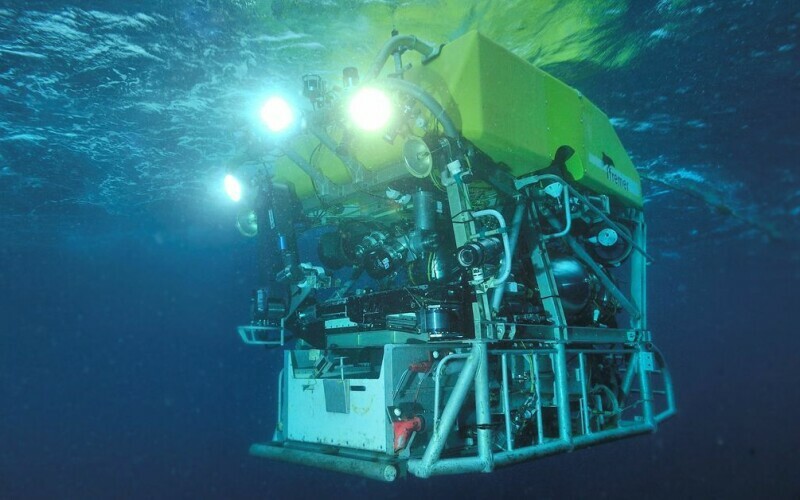The recent implosion of the OceanGate’s submersible Titan has drawn international attention to the safety of deep ocean exploration. The circumstances that led to the failed voyage in which five lives were lost will also have complex legal ramifications. The remedies for the survivors of those who perished on the Titan may be as murky as the deep waters that claimed their lives.
DOHSA is very limited in what it provides to those affected by a death on the high seas. The statute expressly gives a cause of action to the deceased’s spouse, parent, child or dependent relative, but only allows for the recovery of “pecuniary” losses. Pecuniary losses are economic damages, such as loss of financial support and services that the survivor or survivors would have received from the deceased had he or she not perished at sea.
DOHSA does not allow for the survivors’ personal losses, such as anguish, grief, and pain and suffering associated with the loss of their loved one. Likewise, it does not allow for the recovery of any personal injury type damages suffered by the decedent prior to death. An important exception to this latter restriction is if the deceased had survived for some amount of time from the casualty and filed suit before his or her death. In that event, the person’s estate and/or survivors would be entitled to recover the losses that the deceased experienced prior to their death.
Because of the location of the Titan accident, the different nationalities of those aboard, and the reach of OceanGate’s operations, the surviving family members of the Titan’s victims may have recourse under the laws of other countries or international law.
However, as for any remedies provided by the U.S. legal system, claims are governed by DOHSA and are severely limited.




